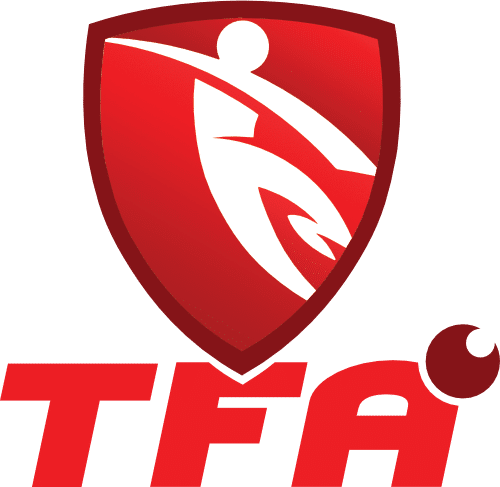General Information
Risk Management
Everyone has a right to be safe when working or volunteering in sport. WHS laws require sport clubs to comply with the WHS Act and WHS Codes and Regulations. This information is provided to assist clubs incorporate risk management and WHS into their club operations and understand and comply with WHS laws.
Since the Commonwealth’s Work Health and Safety ACT 2012 came into effect in January 2012 people conducting a business (including sport clubs) and workers (including volunteers) are protected by the same WHS laws across Australia. The WHS Act provides greater consistency and clarity about WHS laws, making it easier to understand your WHS duties. Most clubs and associations already have safety policies and practices in place, however under the WHS laws, some sport clubs may need to take new actions to comply with the WHS Act and the NSW WHS Codes of Conduct and Regulations.
The FFA Clubs’ Risk Management Plan “Safe Football”, developed by Gow-Gates in conjunction with FFA and the Member Federations, provides a uniform approach to assist the Football Community in assessing and managing the risks associated with the management of football clubs.
The objective of ‘Safe Football’ is to provide a pro-active approach in ‘Raising the Awareness’ of these risks and to provide a practical framework for your club to minimise or manage these exposures.
The plan is based on the general principles underlying a club’s ‘duty of care’ responsibilities to the football community and the general public such as;
- provide a safe place for recreation/Football;
- provide a safe system of rules;
- provide safe and adequate equipment;
- provide the participant with competent fellow participants, and
- provide adequate instructions and supervision for Football
It is further recommended that a designated ‘Responsible and/or Risk Management Officer’ is appointed, within your Club’s organisational structure, to ensure this information is made available to all Club Directors, Staff, Participants and Volunteers.
The ASC “Sporting Clubs guide to a Safe Workplace” and other WHS resources are designed to assist clubs understand and action WHS and Risk Management within their organisation.
Gow Gates – Match Day Checklist
Sport Australia – Risk Management
Sport Australia – Sporting Clubs Guide To A Safe Workplace
Anti Gambling
You must never bet on any match you or your team is involved in as it would trigger a conflict of interest that compromises the integrity of football.
If you bet on yourself or your opponent you risk having your image and reputation tarnished, being banned by football (possibly for life) and possibly becoming the subject of a criminal investigation and/or prosecution.
Betting on other games within football is also prohibited.
Football Federation Australia – Sports Betting and Match Fixing Guidelines

